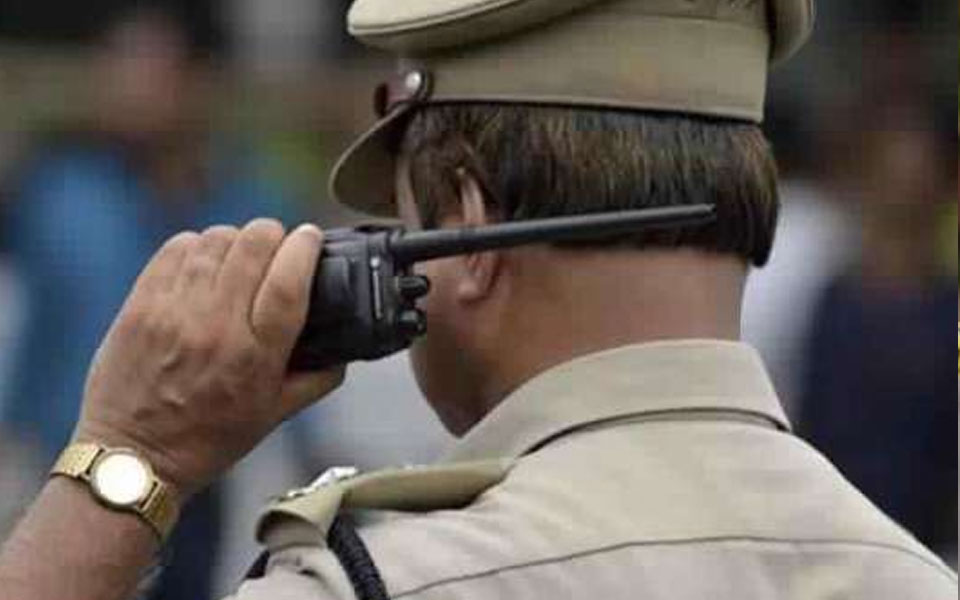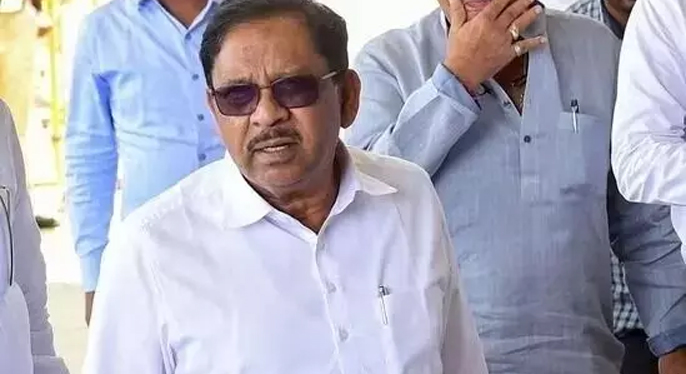NOIDA: Two police officials in Noida were suspended for alleged indiscipline after they apparently failed to recognise a vehicle of the Uttar Pradesh police chief on Wednesday, officials said.
Director General of Police (DGP) OP Singh was on his way to attend a meeting in New Delhi when he happened to cross the city, according to a senior Gautam Budh Nagar police official.
The officials -- a sub-inspector and a constable -- were from the Sector 39 police station and deployed at the Amrapali police check post when the incident took place around 2.30 pm on Wednesday, Senior Superintendent of Police (SSP) Ajay Pal Sharma said.
"The SI and the constable were not wearing their caps, which were kept in their gypsy, while they were on duty. They had failed to recognise the vehicle of the DGP and their approach was very casual during the episode. So they have been suspended for indiscipline," the SSP told PTI.
Dismissing the reports that the SI and the constable had argued with the DGP, Mr Sharma clarified that the two had recognised the police chief after reaching near the vehicle.
OP Singh, who has previously served in various organisations including the SPG (PM Security) and headed the National Disaster Response Force (NDRF) and Central Industrial Security force (CISF), was appointed as the UP DGP on January 1 this year.
courtesy : ndtv.com
Let the Truth be known. If you read VB and like VB, please be a VB Supporter and Help us deliver the Truth to one and all.
Kolkata (PTI): Seven people were arrested from the Parnashree area in the southern part of the city for allegedly running a fake call centre, a police officer said on Saturday.
Acting on a tip-off, police raided a house on Netaji Subhas Road on Friday night and found the fake call centre operating from the ground floor, he said.
Preliminary investigation revealed that the accused had set up a bogus company using forged documents and posed as employees of an antivirus firm to call citizens in the US, the officer said.
"The callers would gain the trust of victims and then use remote access to take control of their phones or other digital devices. The accused allegedly siphoned off large sums of money, running into millions of dollars, from victims' accounts," he said.
Five laptops, two WiFi routers, six mobile phones and four headsets were seized from the accused, he said, adding that the seven are being questioned to ascertain the full extent of the racket and to identify others involved.





